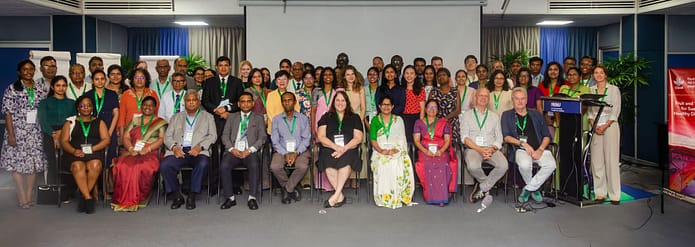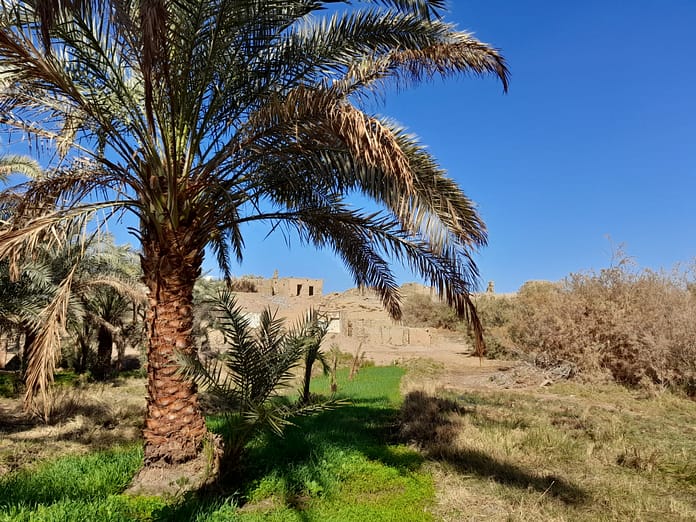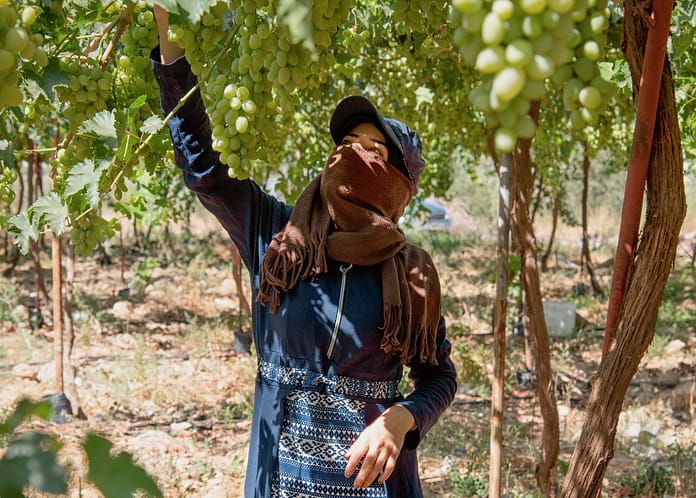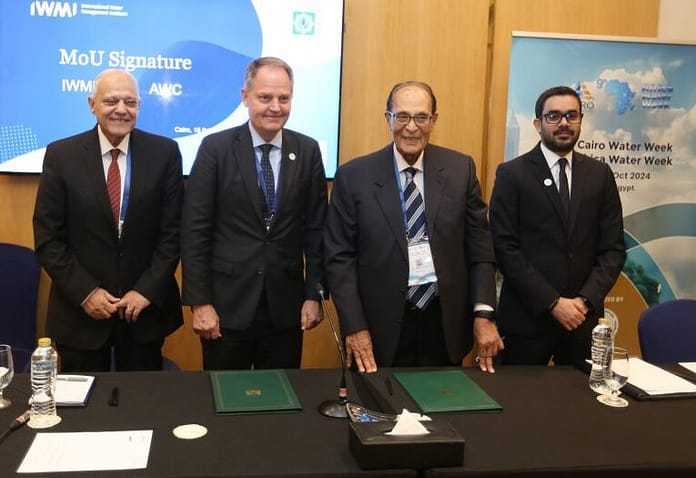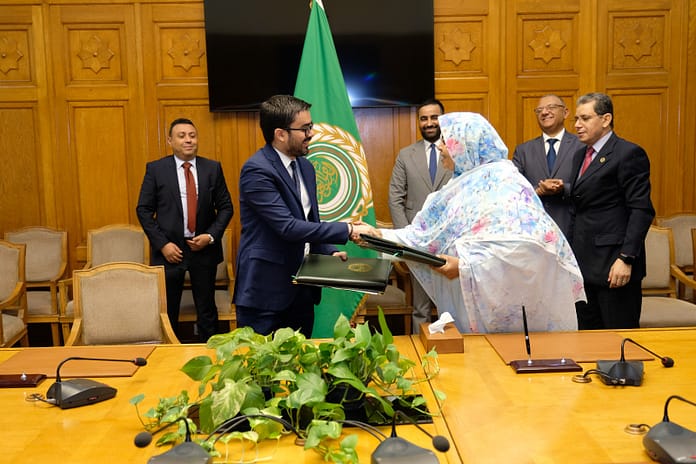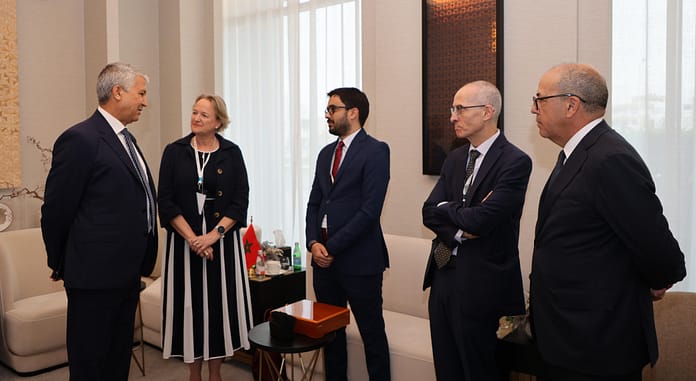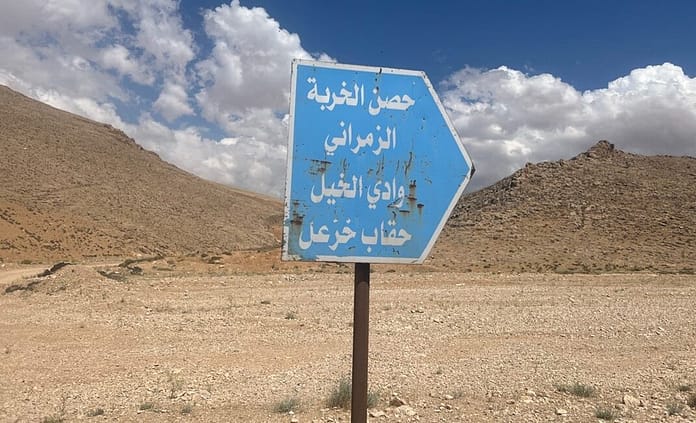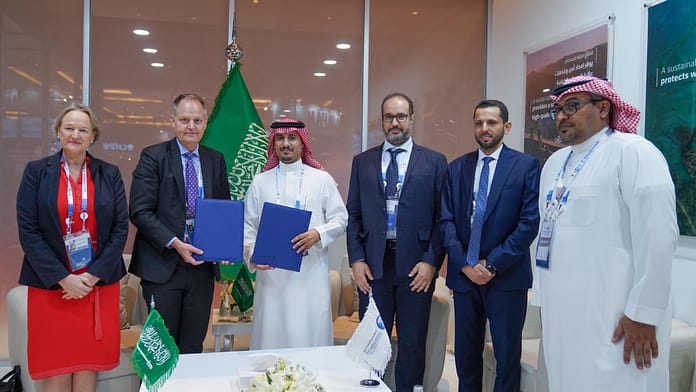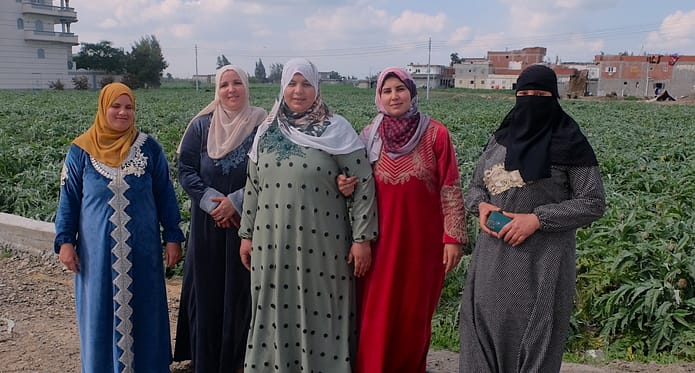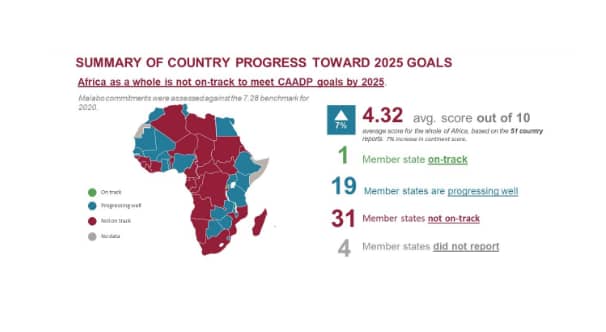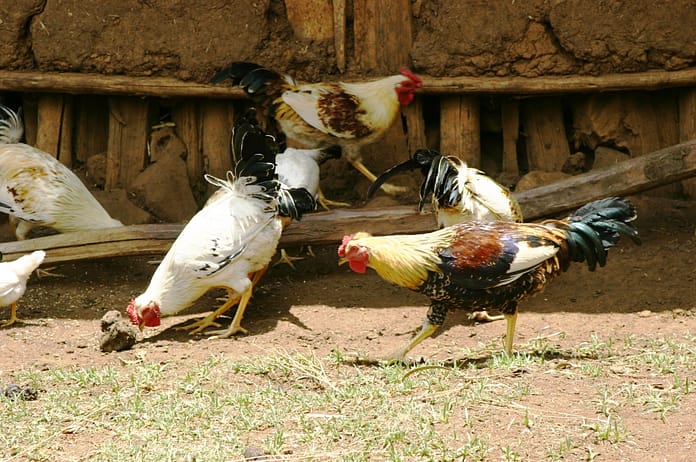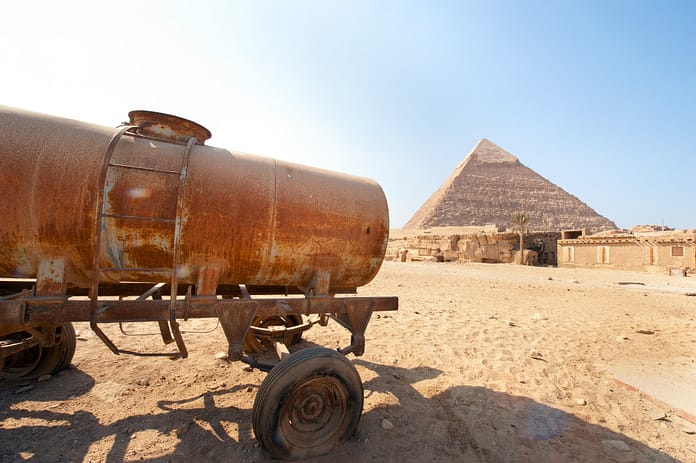Innovations from IWMI for water and food security

Scientists from the International Water Management Institute (IWMI) had an active presence at this event, drawing attention to a key food security opportunity and threat related to water.
The opportunity involves wider adoption of solar-powered irrigation for more resilient smallholder farming. The declining cost of solar panels has made this solution more affordable in recent years, but significant barriers (such as limited access to credit) are slowing its spread. IWMI is tackling these barriers through innovative research, explains Petra Schmitter, IWMI senior research and group leader, in a guest post published on the blog of the Daugherty Water for Food Global Institute at the University of Nebraska, USA, which held the Water for Food Global Conference on April 29-30, 2019. Speaking as a panelist and in other discussions, she explained IWMI’s work on suitability mapping and business model development for solar irrigation and pointed to other ways in which the Institute is helping revolutionize smallholder irrigation in Africa.
The water-related threat that IWMI addressed at the conference is drought, which is predicted to become more frequent and severe in many places as a result of climate change, with dire consequences for communities, economies and the environment. IWMI research is addressing this threat in the Middle East and North Africa (MENA) region through the MENAdrought project, which brings findings from international experience to Morocco, Jordan and Lebanon, with the aim of strengthening their capabilities to manage risk. As IWMI principal scientist Rachael McDonnel explained in a conference presentation, the project works toward this end through a three-pillars approach that consists of (1) monitoring and early warning systems, (2) vulnerability and impact assessments, and (3) mitigation, response and preparedness.
Read the guest post on the blog of the Daugherty Water for Food Global Institute


